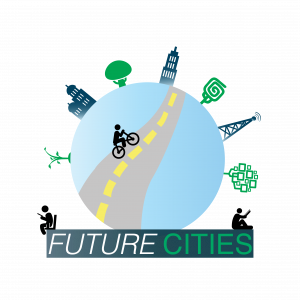
Future Cities episode 58: What Makes Infrastructure Sustainable?
Discussions about infrastructure are often centered on the opinions and prevailing ideas within engineering, but other disciplines have valuable insights on what infrastructure is and what it can be.
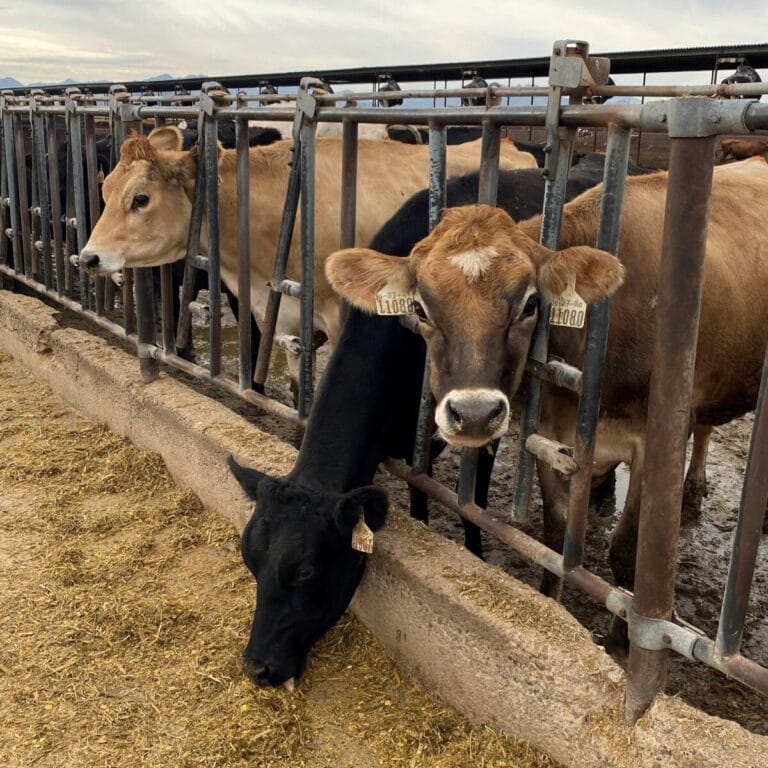
Insight on the dairy industry from Kerr Family Farms
In December of 2021, the new cohort of ASU graduate students in the Sustainable Food Systems program spent a morning visiting and touring Kerr Family Farms in the West Valley area of Maricopa County, Arizona. Farmer Wes Kerr explained the history of the family farm, daily logistics on the farm, and his passion for dairy farming.
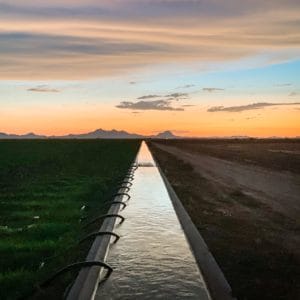
Water in the West
Water security is a major – and often growing – challenge for many countries today. The magnitude of impact is profound as water scarcity drives the bottom line for food sovereignty and food security.
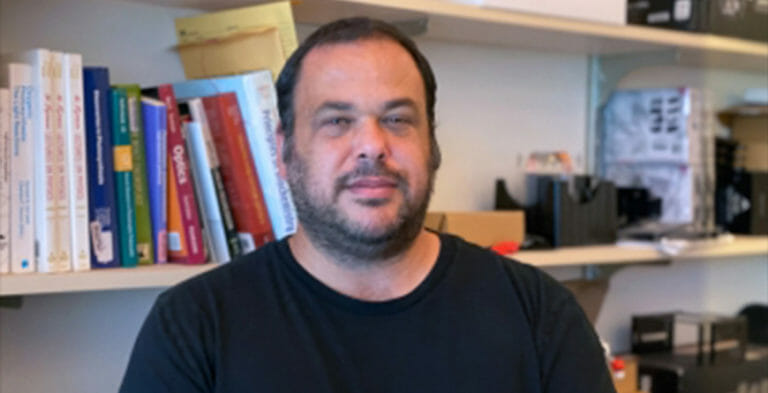
Lost in the moss: ASU scientists answer key questions regarding photosynthesis evolution
A team of scientists from Arizona State University has taken a significant step closer to unlocking the secrets of photosynthesis, by determining the structure of a very large photosynthetic supercomplex
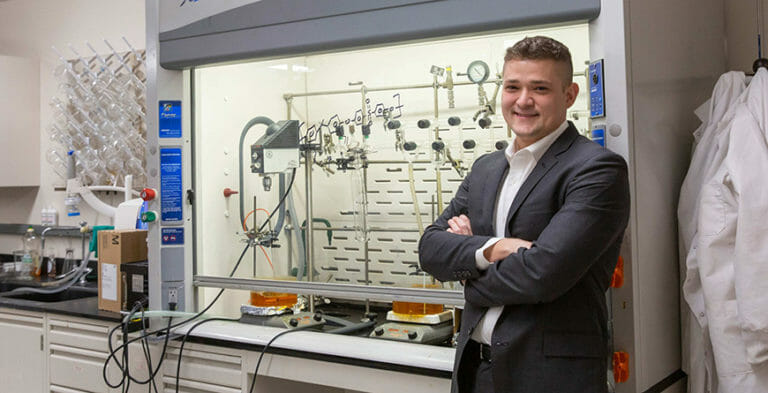
Working toward advances in carbon capture to turn the tide on climate change
As global challenges go, significantly reducing the amount of harmful greenhouse gases that have accumulated in the Earth’s atmosphere and oceans is most certainly among the most daunting. Those gases,
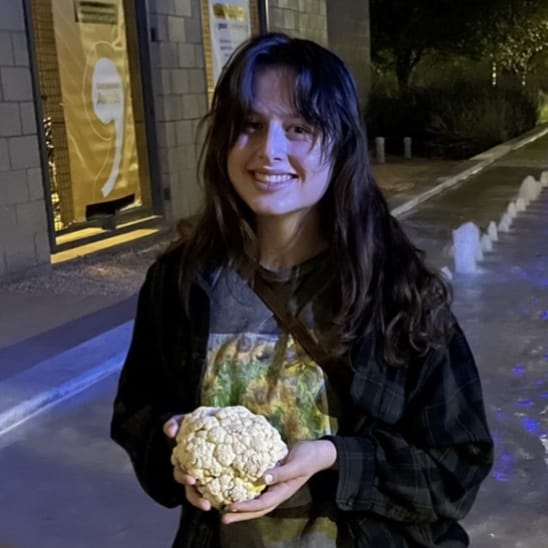
Meet Swette Center staff member, Elora
In this series, we’re meeting with Swette Center team members to explore their background in food systems, what they are currently working on, and their vision of food systems transformation. Read on for an interview with Elora Bevacqua, Student Worker.
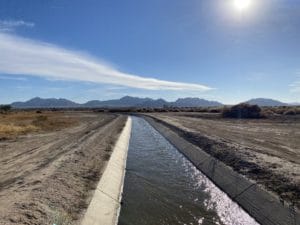
Restoring ancient aquifers to secure water for the future within the Gila River Indian Community
As sustainability and food systems students, it is inspiring to witness successful environmental projects and a privilege to learn from indigenous people. Over Fall term, our class of graduate students with the ASU Swette Center for Sustainable Food Systems had been learning about managing natural resources. Now we were on a Food and Farm Tour of Arizona, visiting different types of farms, ranches, and orchards while learning about different aspects of our food system.

Live wire: New research on nanoelectronics
Proteins are among the most versatile and ubiquitous biomolecules on earth. Nature uses them for everything from building tissues to regulating metabolism to defending the body against disease. Now, a
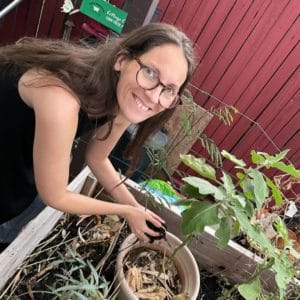
Meet Swette Center staff member, Estève Giraud
In this series, we’re meeting with Swette Center team members to explore their background in food systems, what they are currently working on, and their vision of food systems transformation. Read on for an interview with Estève Giraud, PhD student.

ASU researchers named Senior Members of the National Academy of Inventors
The National Academy of Inventors (NAI) has named Arizona State University Deputy Director Stephen Munk and professor Bertram Jacobs to the February 2022 class of Senior Members. This coveted distinction within NAI, an international organization, recognizes engineers,
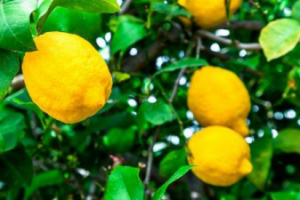
The history of Kuechel Farms and the future of Arizona lemons
It’s not by accident that the history of Kuechel Farms, a large citrus grower in Yuma, Arizona begins in a town called Orange. His family is largely responsible for creating the ubiquitous orange groves that sprawled across the town and county that would later bear that fruit’s name. The lessons he learned from the rise and fall of his family farm in Orange, California may be the very thing that saves his current citrus farm in Yuma, Arizona.
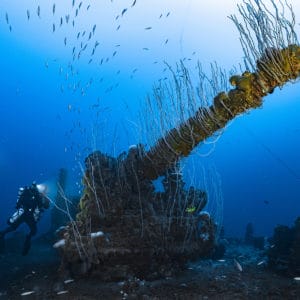
Could coral habitats be rebuilt on sunken warships?
Faculty and researchers from the ASU Center for Global Discovery and Conservation Science, teaming with partners from the University of Hawaii, recently published a paper based on their survey of 29 sunken warships around the Bikini Atoll and Chuuk Lagoon in the southwestern Pacific Ocean.